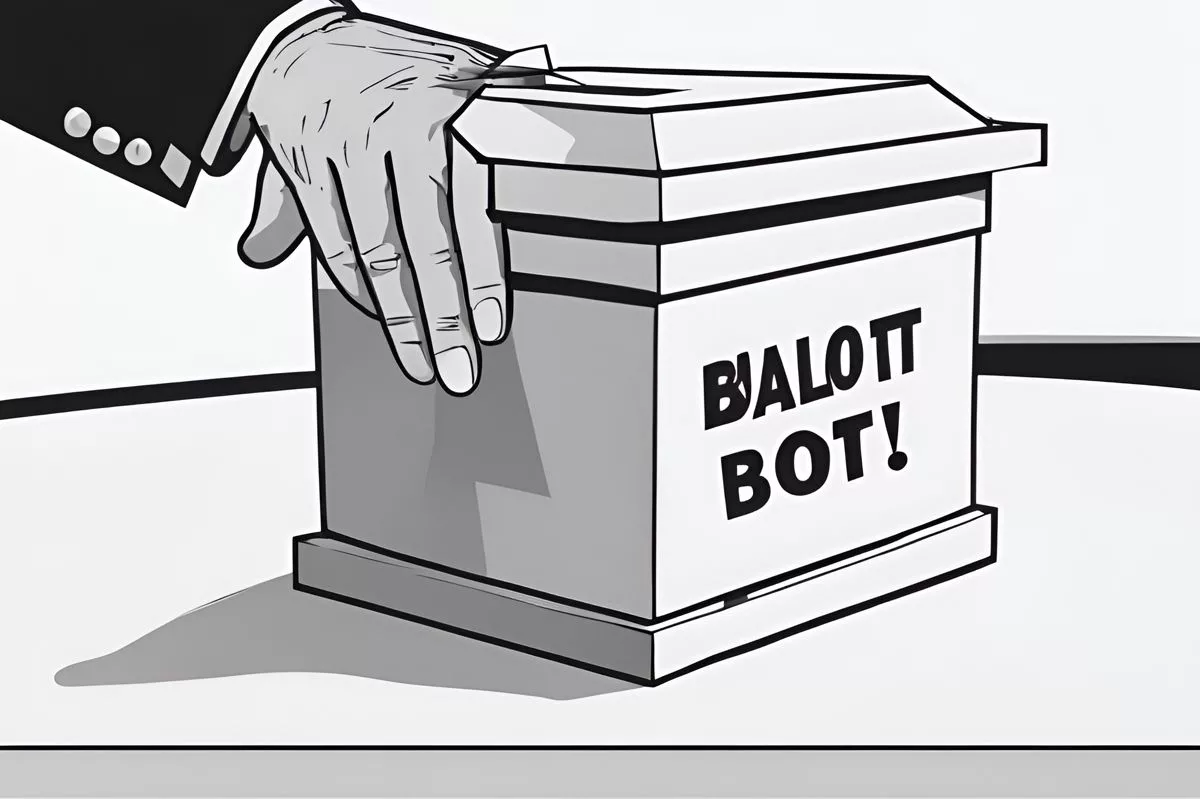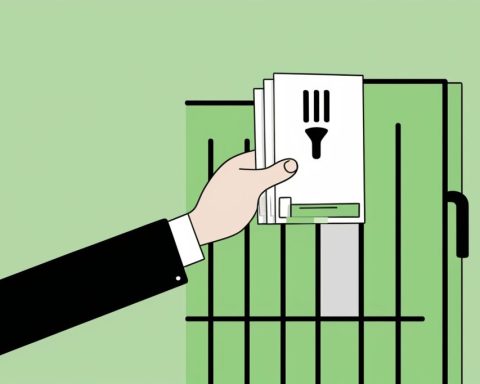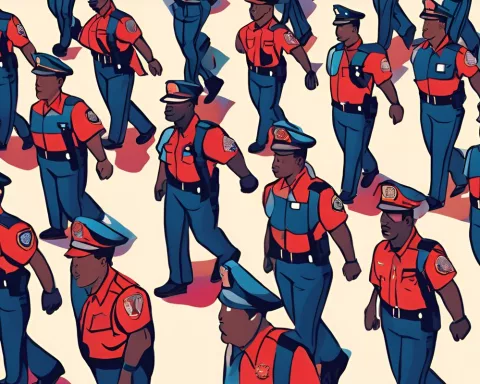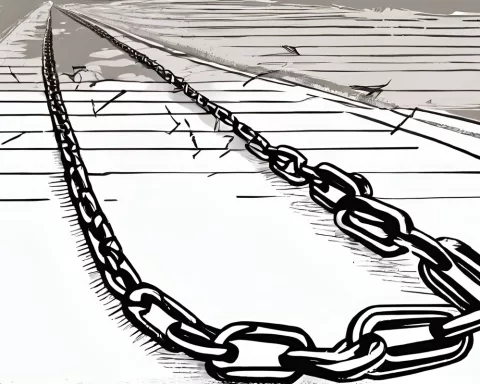South Africa’s electoral process relies on adherence to rules regarding voter registration posters to maintain fairness and integrity. Violations of these rules, such as leaving political posters displayed after the designated timeframe, undermine the democratic process. Political parties are responsible for the expenses incurred by the City for removing non-compliant posters, and penalties for violating these rules start at R134,10 per poster. Upholding these regulations ensures fair play in political campaigns and upholds the sanctity of the electoral process.
The Importance of Adherence to Voter Registration Poster Rules
To maintain a fair electoral process in South Africa, it is crucial to adhere to the rules regarding voter registration posters. All posters related to political events should be removed within seven days of the event, and any non-compliant posters will be taken down by the City, with associated expenses falling on the political party. Written complaints can be directed to regional contacts, and penalties for violating these rules start at R134,10 per poster removed. These regulations ensure fair play in political campaigns and uphold the sanctity of the electoral process.
The Weekend of Democratic Participation
During an unforgettable weekend in February 2024, individuals from every corner of South Africa, whether it was the vibrant city of Johannesburg or the picturesque landscapes of Cape Town, were given the chance to engage in a crucial democratic ritual. A two-day interval, spanning from the 3rd to the 4th of February, was specifically designated for South Africans to register as new voters or reassess their current voter registration information in preparation for the forthcoming National and Provincial Elections of 2024.
However, in the midst of this democratic enthusiasm, the City identified a pressing issue. An abundant number of political party posters, which were allowed to be exhibited four weeks prior to the registration weekend and were expected to be removed no later than a week after registration, remain prominently displayed. This clear violation of the rules undermines the commitment to guarantee a just process in the electoral domain.
By the 11th of February 2024, all voter registration posters should have been entirely removed from the streets, but much to the City’s disapproval, they still stand. The City, entrusted with the care of public spaces, strongly encourages residents to report any such transgressions through its service request portal, appropriately called CCT Service Requests. To expedite the process, the category ‘illegal advertising’ should be selected when reporting these violations.
Reinforcing Poster Removal Regulations
In view of this persistent problem, it becomes increasingly vital to re-emphasize to all political parties and residents the established rules regarding voter registration posters. The core purpose of these rules is to guarantee fair competition in the political sphere.
Firstly, all posters related to Voter Registration, By-elections, or other political events should be taken down no later than seven days following the event. This includes any ropes or plastic ties used in posting these ads. This requirement goes beyond maintaining visual appeal; it’s about preserving a neat, clutter-free public space that respects the completion of these events.
Secondly, any poster that fails to comply with this timeframe will be taken down by the City, and the associated expenses will fall on the political party. To reclaim any unauthorized posters removed by the City, political parties must communicate with officials from the Environmental Management Department during regular business hours. The penalty for breaking these rules starts at R134,10 per poster removed and increases to R194,00 for every pasted poster taken down.
The City or the Independent Electoral Commission (IEC) will send an email notification to the offending political party upon receiving a written report of a poster violation. The party will then have a 48-hour window to address the violation.
Ensuring Fair Play in Political Campaigns
The regulations dictating the display of Voter Registration posters, pre-election political events, and by-election posters, as well as official political campaign and event posters during the election period, are carefully crafted. They aim to ensure that the political environment remains controlled and fair, particularly in the lead up to the official election period date.
Written complaints concerning political party posters can be directed to various regional contacts. In the South Peninsula, Andrew Greenwood is the assigned contact, while Maurietta Stewart is responsible for Table Bay and Tygerberg. Sonja Warnich Stemmet oversees Milnerton and Kraaifontein, while Azanne van Wyk is in charge of Helderberg and Khayelitsha.
Upholding the Sanctity of the Electoral Process
In closing, while these rules and regulations may appear minor and bureaucratic, they play a pivotal role in safeguarding the integrity of the electoral process. By ensuring a fair battlefield for all political parties and preserving the dignity of public spaces, they uphold the democratic values integral to South Africa’s political scene.
What is the importance of adhering to rules regarding voter registration posters in South Africa’s electoral process?
Adhering to rules regarding voter registration posters is crucial in maintaining fairness and integrity in South Africa’s electoral process. Violations of these rules, such as leaving political posters displayed after the designated timeframe, undermine the democratic process.
What are the consequences of violating these rules?
Penalties for violating these rules start at R134,10 per poster, and expenses incurred by the City for removing non-compliant posters fall on the political party responsible. To reclaim any unauthorized posters removed by the City, political parties must communicate with officials from the Environmental Management Department during regular business hours.
What should be done with posters related to political events?
All posters related to Voter Registration, By-elections, or other political events should be taken down no later than seven days following the event, and any ropes or plastic ties used in posting these ads should also be removed.
Who should be contacted in case of a violation?
Written complaints concerning political party posters can be directed to various regional contacts. In the South Peninsula, Andrew Greenwood is the assigned contact, while Maurietta Stewart is responsible for Table Bay and Tygerberg. Sonja Warnich Stemmet oversees Milnerton and Kraaifontein, while Azanne van Wyk is in charge of Helderberg and Khayelitsha.
What is the penalty for breaking the rules regarding voter registration posters?
The penalty for breaking these rules starts at R134,10 per poster removed and increases to R194,00 for every pasted poster taken down. The City or the Independent Electoral Commission (IEC) will send an email notification to the offending political party upon receiving a written report of a poster violation.
Why is upholding these regulations important?
By ensuring a fair battlefield for all political parties and preserving the dignity of public spaces, adherence to these rules upholds the democratic values integral to South Africa’s political scene and safeguards the integrity of the electoral process.











